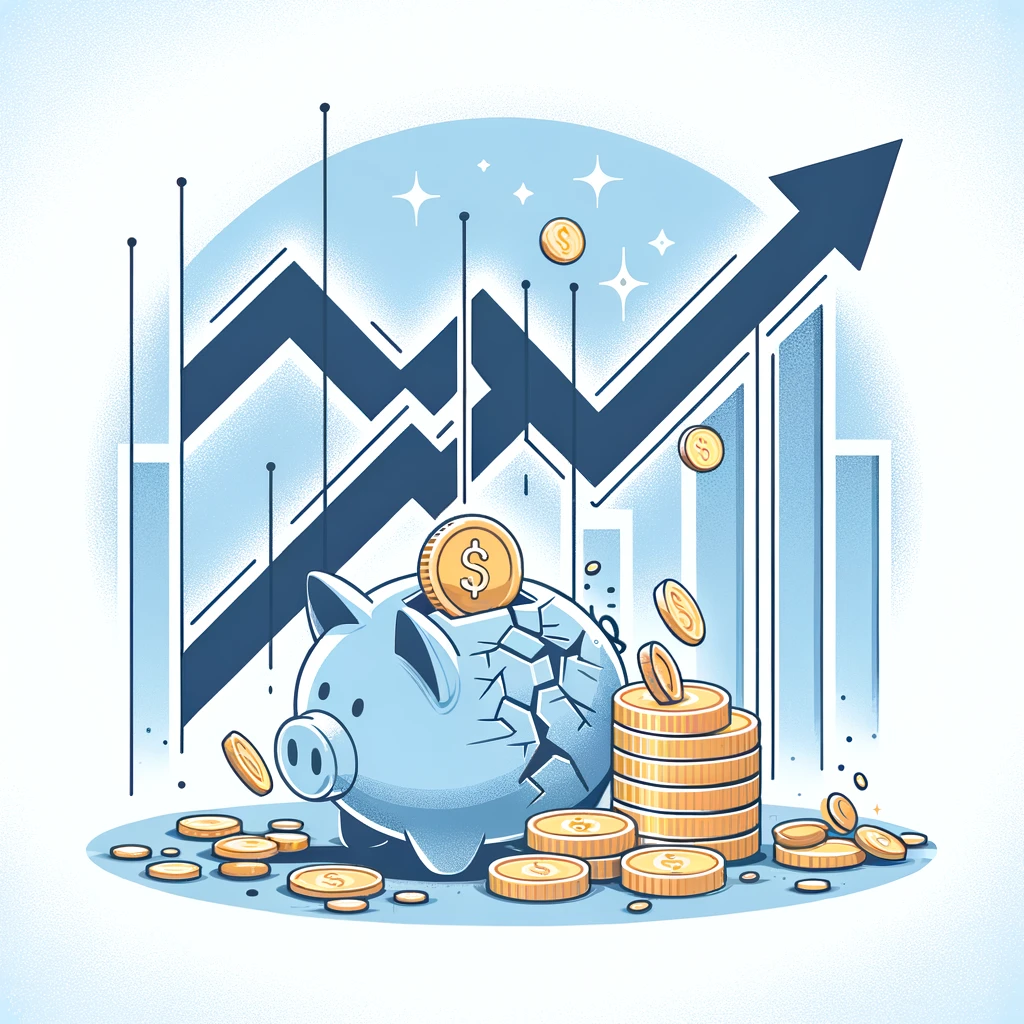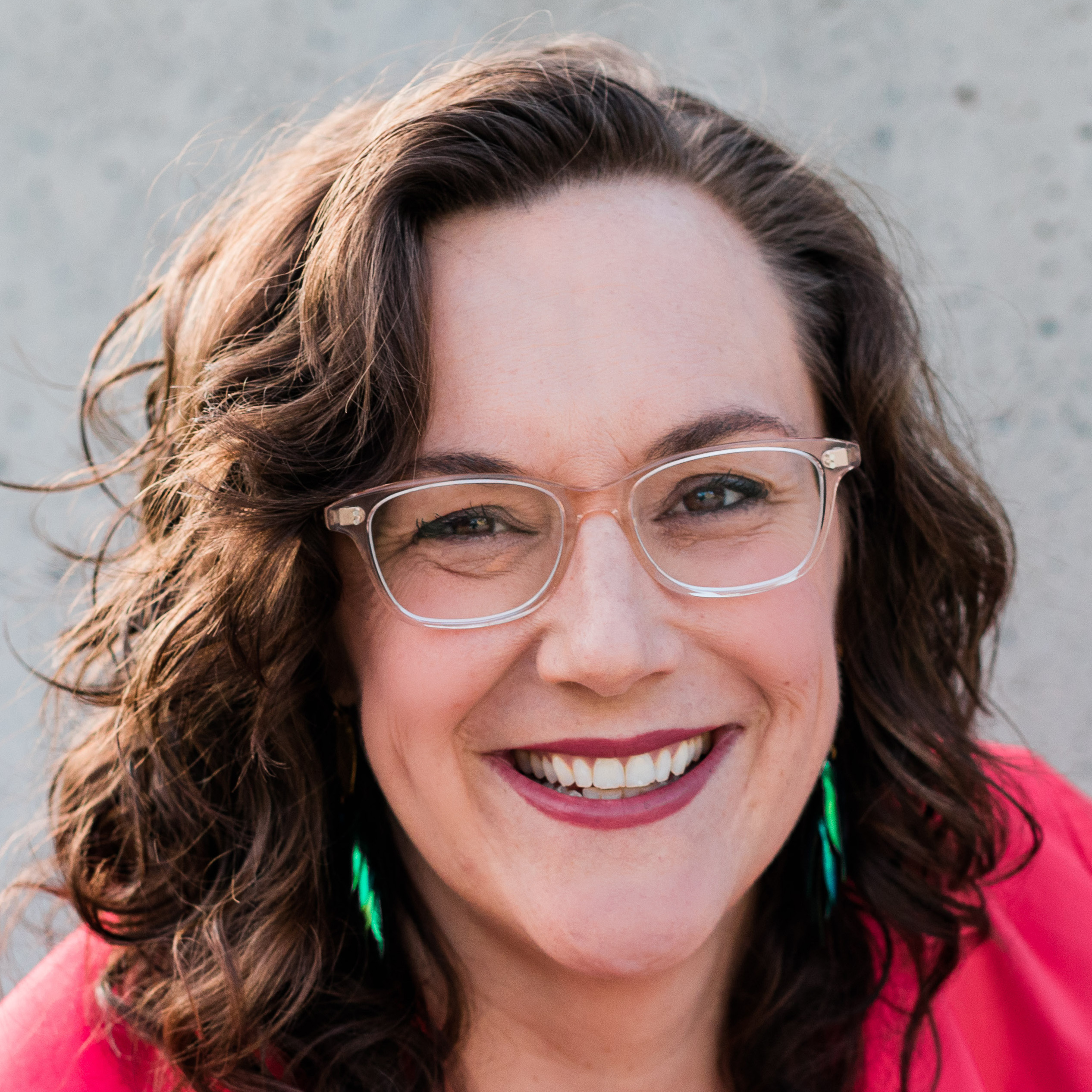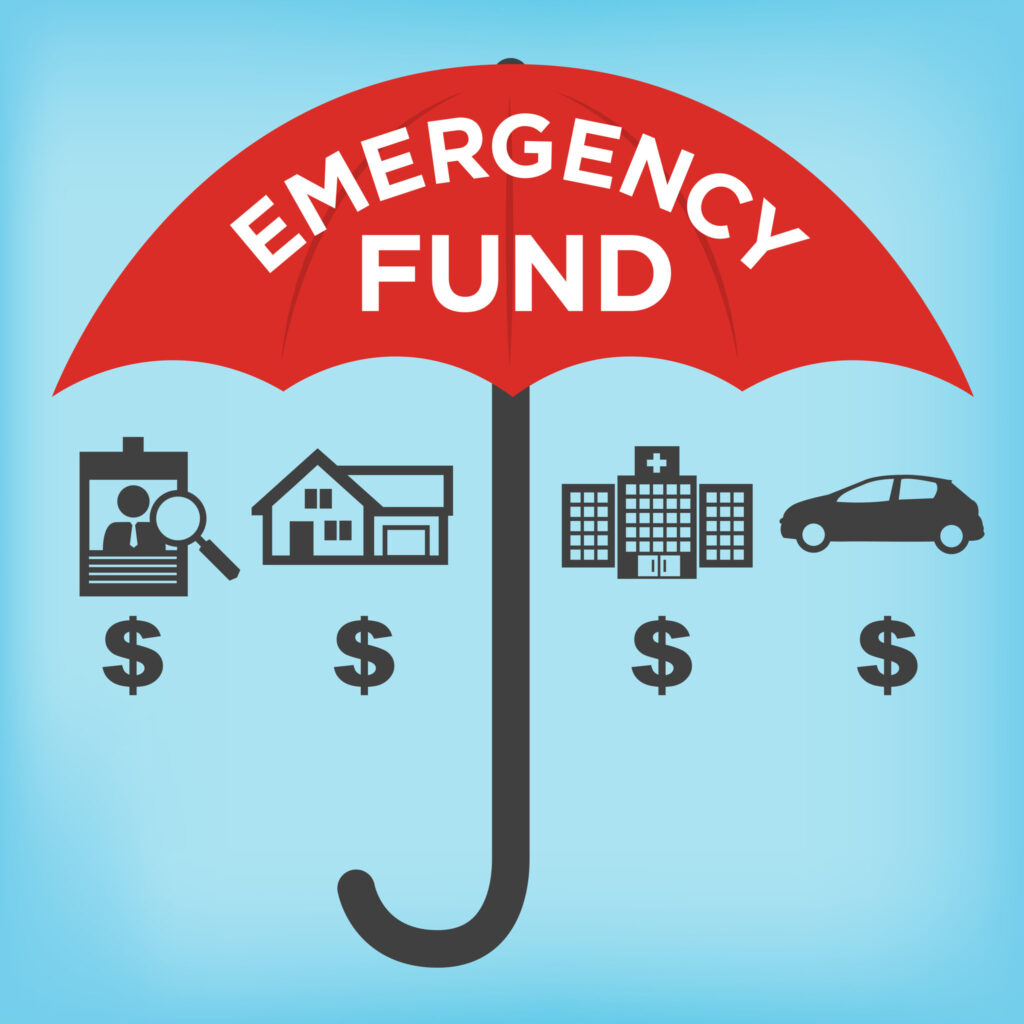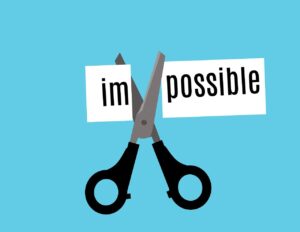
In today’s fast-paced financial world, managing personal finances effectively is more important than ever. With a myriad of options and pitfalls, it’s easy to fall into common traps that can lead to financial distress or even bankruptcy.
Below are 14 critical financial mistakes that are surprisingly common yet entirely avoidable. By understanding these pitfalls and learning how to steer clear of them, you can take control of your financial health and secure a more stable and prosperous future.
1. Ignoring a Budget
Surprisingly, many people still navigate their finances without a budget. A budget isn’t just a tool; it’s a crucial part of financial planning, helping you understand where your money goes. Without it, overspending becomes a silent financial killer, often leading to debt accumulation.
2. Relying on Credit Cards for Emergencies
Using credit cards as a safety net is a risky move. While they offer immediate relief, the high interest rates can quickly turn a manageable situation into a debt crisis. It’s wiser to create a dedicated emergency fund for unexpected expenses.
3. Not Saving for Retirement Early
Starting late on retirement savings is a common error with significant consequences. The power of compound interest means that starting early can significantly boost your retirement funds. Delaying this only increases the financial burden and reduces potential gains.
4. Living Beyond Your Means
Living a lifestyle that exceeds your income is a fast track to financial woes. This habit often leads to a cycle of debt and financial stress. It’s crucial to align your lifestyle with your actual income, not your aspirational one.
5. Ignoring Insurance
Many overlook the importance of insurance until it’s too late. Whether it’s health, life, or property insurance, being uninsured can lead to devastating financial losses in times of crisis. Insurance is an essential tool for risk management.
6. Paying Only the Minimum on Credit Cards
Paying just the minimum on credit cards prolongs debt and accrues massive interest. This practice can turn a short-term loan into a long-term financial burden. It’s always best to pay off as much as you can afford monthly.
7. No Emergency Fund
The lack of an emergency fund is a glaring oversight. Life is full of unexpected events, and without a financial buffer, these can lead to debt or worse. An emergency fund provides a safety net, keeping you financially secure during tough times.
8. Taking on Too Much Debt
Excessive debt is a major precursor to bankruptcy. It’s important to use debt wisely and avoid overburdening your financial future. Responsible borrowing involves understanding your repayment capacity and avoiding unnecessary loans.
9. Neglecting Credit Scores
Many underestimate the impact of a poor credit score. It can lead to higher interest rates on loans and credit cards, affecting your financial health. Regularly monitoring and improving your credit score using tools like My FICO is vital for financial flexibility.
10. Co-signing Loans Without Caution
Co-signing a loan is a generous gesture but can be fraught with risks. If the primary borrower defaults, you’re on the hook. Always consider the implications and your ability to pay if things don’t go as planned.
11. Falling for Get-Rich-Quick Schemes
The allure of quick wealth can be tempting, but these schemes often lead to financial ruin. Real wealth is built over time through consistent saving and smart investing. Avoid any plan that promises high returns with little or no risk.
12. Not Diversifying Investments
Putting all your financial eggs in one basket is a risky strategy. Diversification reduces risk by spreading investments across various asset classes. This approach can protect you from significant losses in any single investment.
13. Overlooking Small Expenses
It’s easy to dismiss small expenses, but they add up. Regular small purchases can quietly eat into your budget, leaving less for savings and investments. Tracking and managing these expenses can lead to significant long-term savings.
14. Failing to Plan for Taxes
Taxes are an unavoidable part of financial life. Not planning for them can lead to unexpected liabilities and penalties. Effective tax planning can help you understand your obligations and minimize your tax burden.
Leave The Idea Of Bankruptcy Behind
Navigating the complex world of personal finance can be challenging, but avoiding these 14 mistakes can make a significant difference. From the basics of budgeting to the nuances of investment diversification, each aspect plays a critical role in securing your financial future and helping you leave the ideal of bankruptcy behind.
Remember, financial wellness isn’t just about avoiding bankruptcy; it’s about building a stable life where your money works for you.
Tamila McDonald is a U.S. Army veteran with 20 years of service, including five years as a military financial advisor. After retiring from the Army, she spent eight years as an AFCPE-certified personal financial advisor for wounded warriors and their families. Now she writes about personal finance and benefits programs for numerous financial websites.






